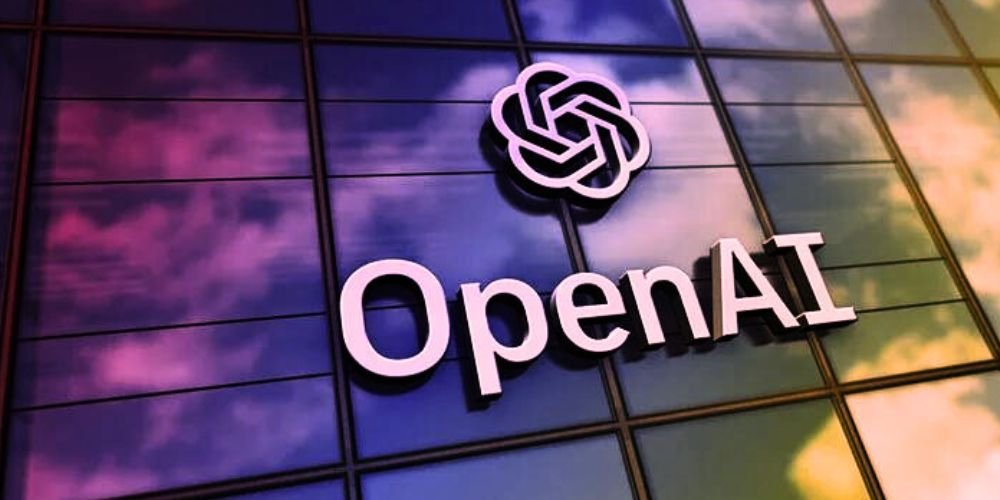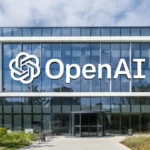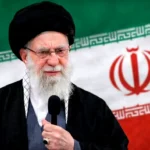Key Points
- OpenAI is exploring removing Microsoft’s restriction on AGI access from its corporate terms.
- OpenAI may transition to a for-profit benefit corporation to attract more investments.
- The company recently raised $6.6 billion, reaching a valuation of $157 billion.
- A final decision on removing the AGI clause has not yet been made.
OpenAI is reportedly in talks to eliminate a clause from its corporate structure restricting Microsoft’s access to its most advanced models upon the development of artificial general intelligence (AGI). This move, first reported by the Financial Times, could strengthen Microsoft’s investment in OpenAI and secure its continued access to all future technologies.
Currently, OpenAI’s terms specify that Microsoft’s licensing agreements would become void if AGI—a system defined as outperforming humans in most economically valuable tasks—were achieved. This clause was designed to safeguard AGI from being exploited commercially and place its governance under OpenAI’s non-profit board. However, the company is exploring changes to this arrangement, potentially allowing Microsoft, a key investor, to maintain its partnership without restrictions on AGI technologies.
The discussions reflect a strategic shift as OpenAI evaluates its operational framework to support future growth. According to the report, OpenAI has not yet reached a final decision on this matter, and neither OpenAI nor Microsoft has commented on the ongoing deliberations.
In September, reports surfaced that OpenAI was considering restructuring its business model, moving from a non-profit-governed organization to a for-profit benefit corporation. This potential restructuring aligns with its efforts to adapt its corporate policies to attract more significant investments while retaining control over its cutting-edge innovations.
OpenAI, backed heavily by Microsoft, recently closed a $6.6 billion funding round in October, valuing the company at an estimated $157 billion. The removal of the AGI clause could signal a pivotal step in solidifying its long-term partnership with Microsoft and other potential stakeholders.





